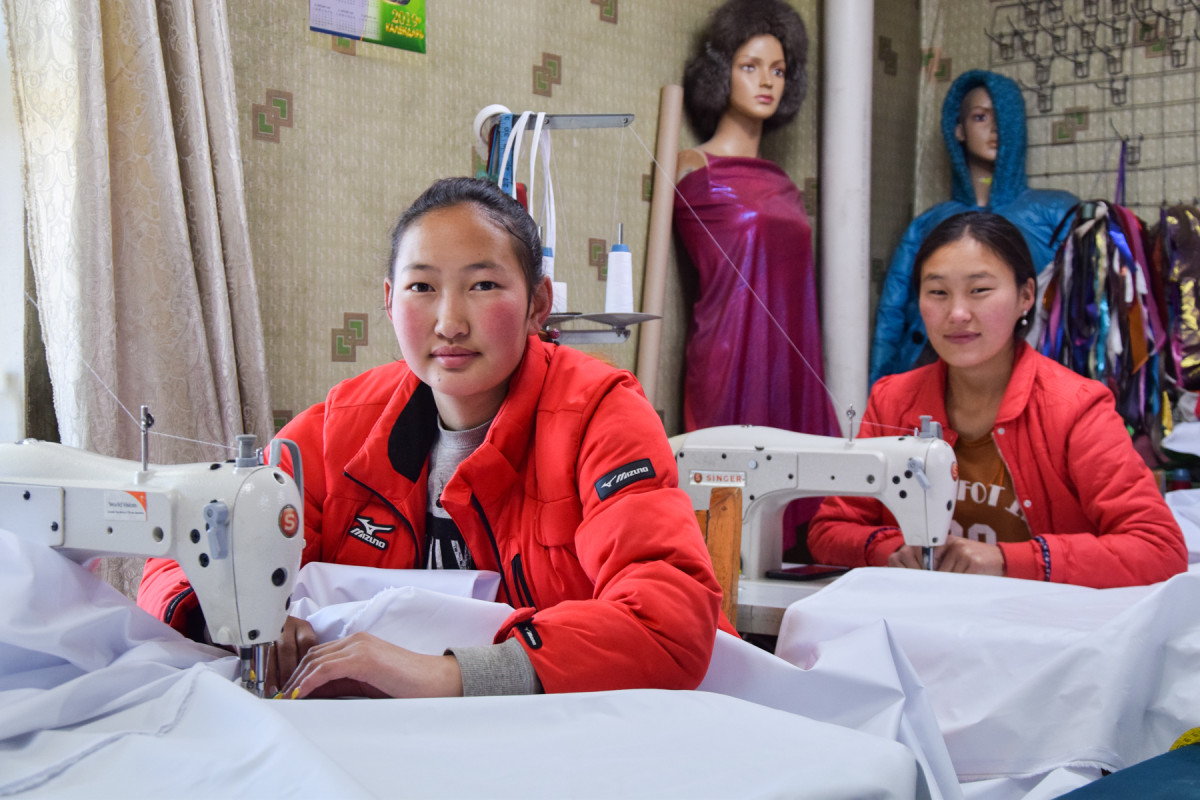PIN Mongolia's Country Programme Strategy
Published: Apr 27, 2022 Reading time: 3 minutes Share: Share an articleAfter more than 10 years of working to serve the people of Mongolia, we are excited to release our new Country Programme Strategy. This strategy will help us to continue supporting civil society organizations, local authorities, the Government of Mongolia, and, most importantly, the people of Mongolia.

OUR VISION:
We strive for a Mongolia where local communities and CSOs are strengthened, respective of human rights, and empowered to be the drivers of change and equal opportunities to achieve the Sustainable Development Goals and Mongolia’s ‘Vision 2050’.
PIN’S PRESENCE IN MONGOLIA
People in Need (PIN) came to Mongolia during the winter of 1993 with a 50-ton food and clothing donation as the Mongolian population was struggling to adapt to the new realities resulting from the collapse of the Soviet Union. PIN returned to Mongolia during the dzud (extreme winter disaster) of 2009–2011, with the permanent office being established in 2011. Since then, PIN has delivered 17 projects covering 18 of the 21 Aimags(provinces), impacting thousands of people in rural and urban settings. These projects have focused on climate change and sustainable livelihoods, emergency response, civil society empowerment and good governance, as well as education and skills development sectors.
COUNTRY CONTEXT
One of the major long-lasting issues has been the impact of climate change and deterioration of natural resources. Climate change and human action have brought about higher disaster risks and environmental degradation. Over the last six decades, growing frequency and severity of disasters (economic or environmental) have been observed, as well as a clear upward trend in Mongolian average temperatures. The country has seen increased air pollution, growing exposure to flood and earthquake risk in some parts of the city, and rising morbidity rates in diseases associated to air pollution.
These climate change factors, together with rapid urbanization, mining industrialization, and low-productivity agriculture have increased pollution of air (Ulaanbaatar’s air quality, especially in winter, is one of the worst in the world), water (total water withdrawals outstripping renewable water supply, often by at least 50% annually in some areas), and pasturelands (90% of grassland under some degree of desertification).
All these, if not reversed or contained, will likely hinder economic growth and population wellbeing in the medium to long term. There are important and widespread efforts in the country to develop regulations and institutions to stem this environmental stress.
However, increased participation from the public and less short-sighted policies from authorities are needed. The limited awareness of the public and policy-makers, seems to indicate a myopic behaviour that fails to address these grave problems and hence to implement the adequate policies to prevent further dissaving.
OUR STRATEGIC PILLARS FOR 2022–2026 IN MONGOLIA
1. Strengthening Climate and Disaster Risk Resilience of Local Communities;
2. Promoting Green Sustainable Markets and Livelihoods; and
3. Empower People and CSOs through Promotion of Human Rights, Gender Equality, and Climate Justice.
Download and read the full Country Programme Strategy in English.



